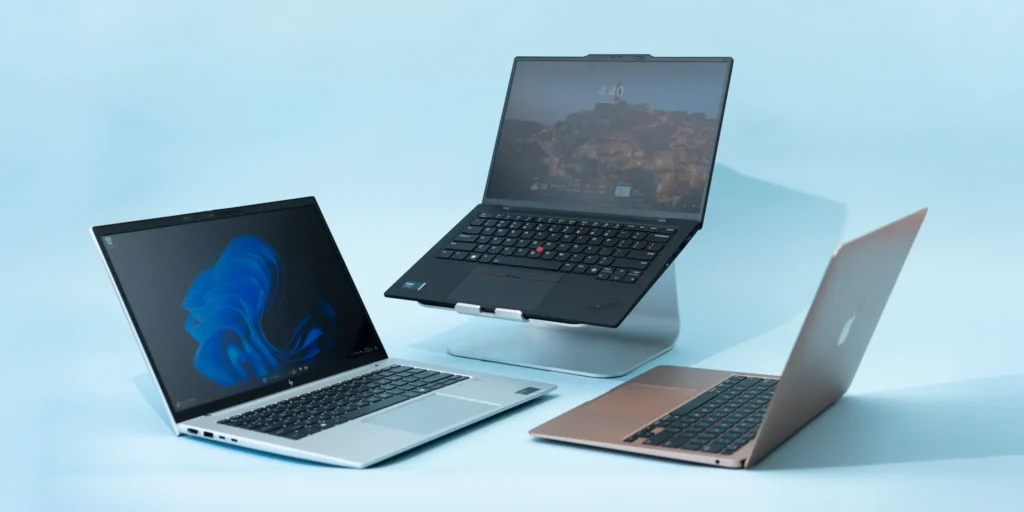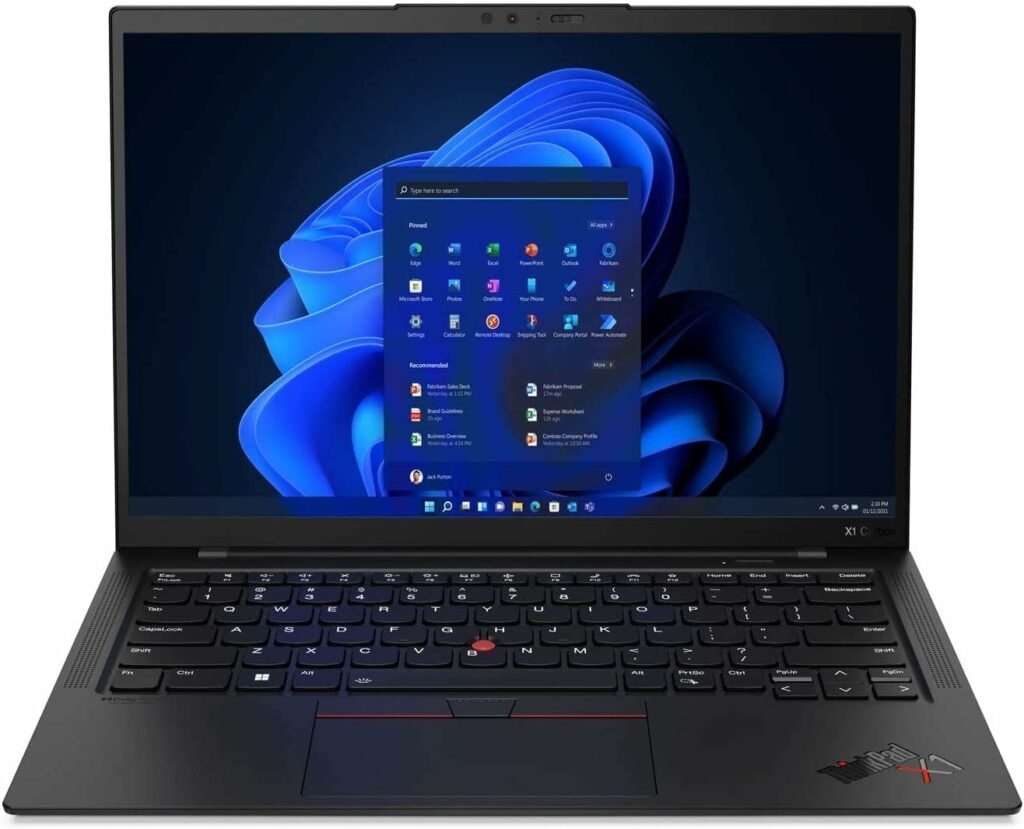How to Choose a Laptop with Ironclad Security Features
In today’s digital age, securing your personal and professional data is paramount. With cyber threats becoming increasingly sophisticated, choosing a laptop equipped with advanced security features is essential. Here’s a guide to help you select a laptop that offers robust protection.

1. Biometric Authentication: Beyond Traditional Passwords
Biometric authentication methods, such as fingerprint scanners and facial recognition, provide a higher level of security compared to traditional passwords. These features ensure that only authorized users can access the device, reducing the risk of unauthorized access.
2. Trusted Platform Module (TPM): Hardware-Based Security
A Trusted Platform Module (TPM) is a secure cryptoprocessor that stores cryptographic keys and ensures platform integrity. Laptops with TPM 2.0 support secure boot processes and disk encryption, safeguarding your data from unauthorized access .(Wikipedia)
3. Secure Boot: Preventing Malware at Startup
Secure Boot is a security standard that ensures your PC boots using only software that is trusted by the Original Equipment Manufacturer (OEM). This feature helps prevent malware from loading during the startup process, enhancing overall system security.
4. Intel vPro Technology: Enterprise-Level Security
Intel vPro technology offers a suite of security features, including Intel Trusted Execution Technology (TXT) and Intel Platform Trust Technology (PTT). These features provide hardware-based protection and remote management capabilities, making them ideal for business environments .(Wikipedia)
5. End-to-End Encryption: Protecting Data at Rest and in Transit
Look for laptops that offer end-to-end encryption, ensuring that your data is protected both when stored on the device and during transmission. Features like BitLocker and FileVault provide full disk encryption, safeguarding sensitive information from unauthorized access.
6. Regular Firmware and Software Updates: Staying Ahead of Threats
Regular updates to firmware and software are crucial for protecting your laptop against emerging threats. Ensure that the laptop manufacturer provides timely updates to address security vulnerabilities and enhance system performance.
7. Physical Security Features: Locking Ports and Privacy Shutters
Physical security features, such as port locks and webcam privacy shutters, add an extra layer of protection. These features prevent unauthorized physical access to your device and protect your privacy from potential eavesdropping.
8. Battery Life and Performance: Balancing Security with Usability
While security is paramount, it’s also essential to consider the laptop’s performance and battery life. Choose a laptop that offers a balance between robust security features and efficient performance to meet your daily computing needs.
Conclusion: Prioritizing Security in Your Laptop Choice
Selecting a laptop with advanced security features is a proactive step towards safeguarding your digital life. By considering factors like biometric authentication, TPM, secure boot, and regular updates, you can ensure that your device offers robust protection against cyber threats. Remember, investing in a secure laptop today can save you from potential security breaches in the future.













